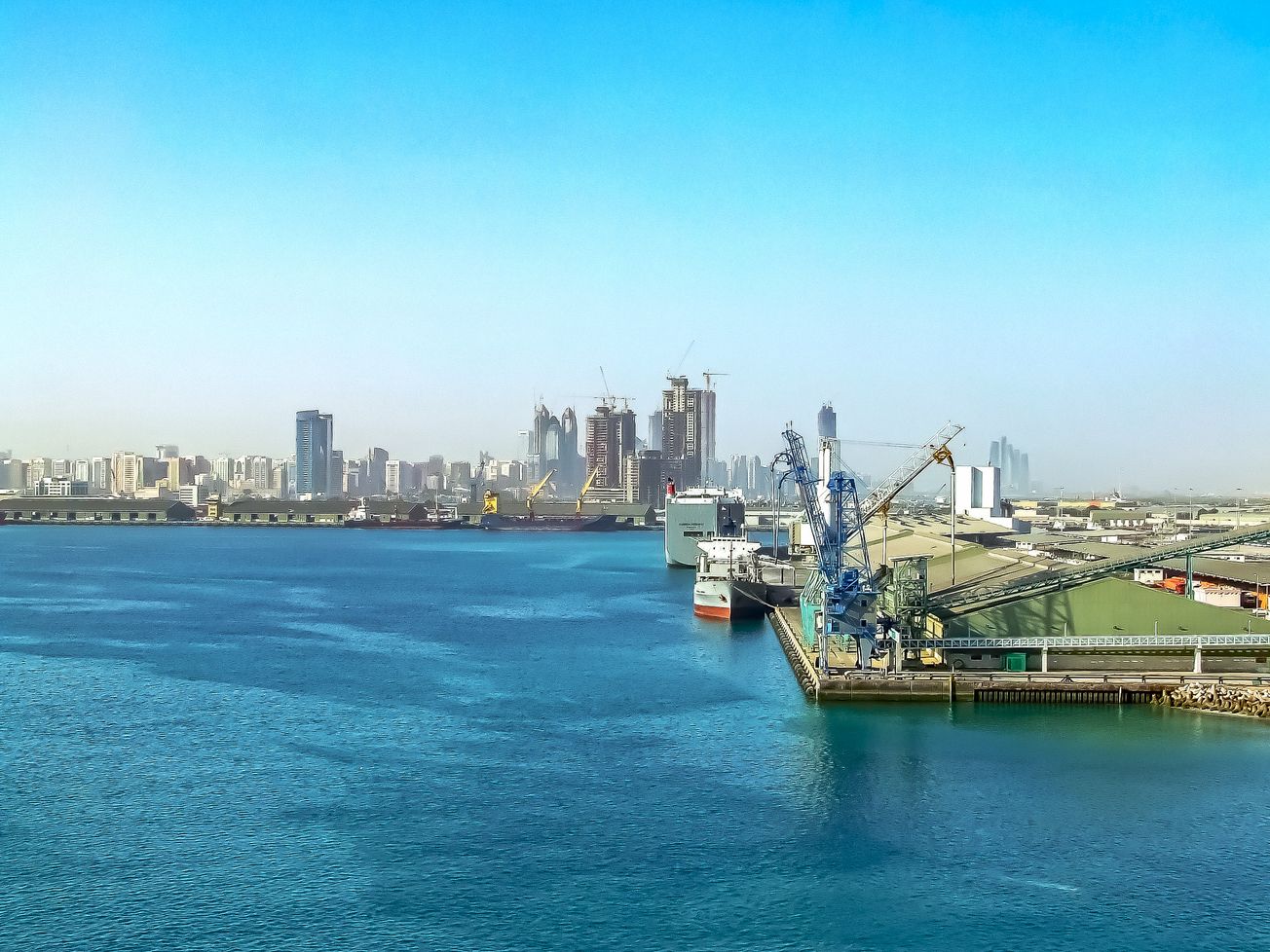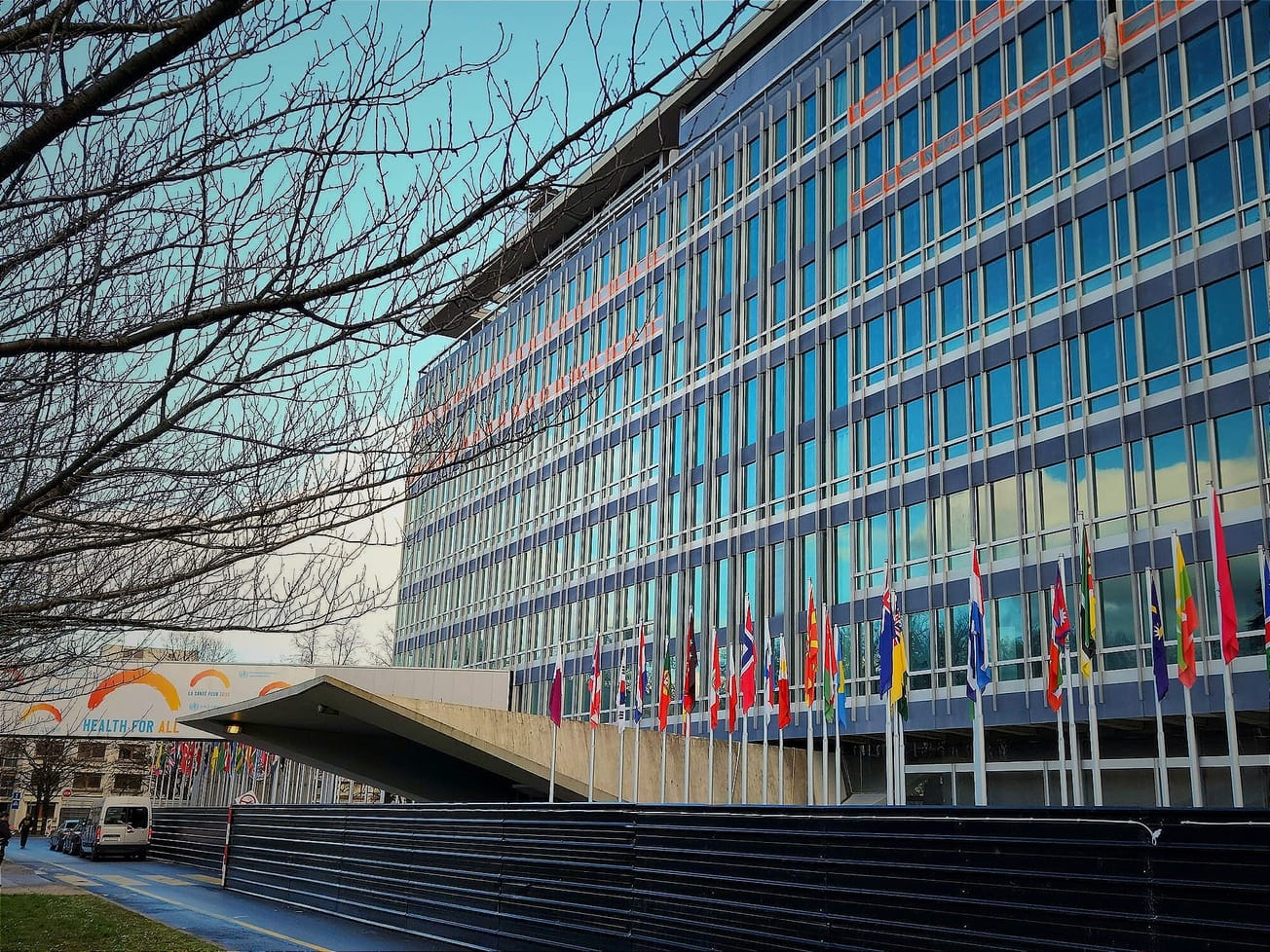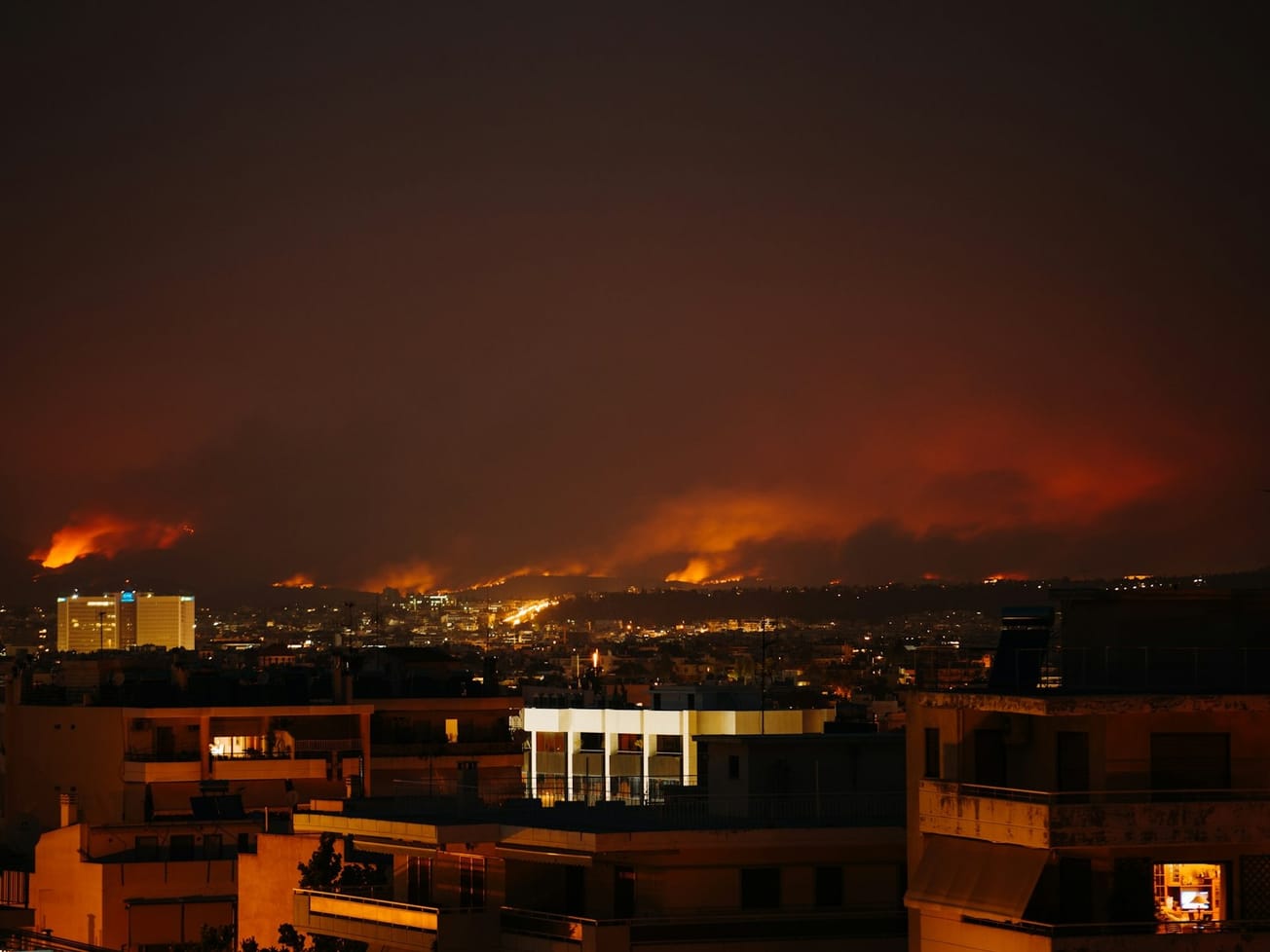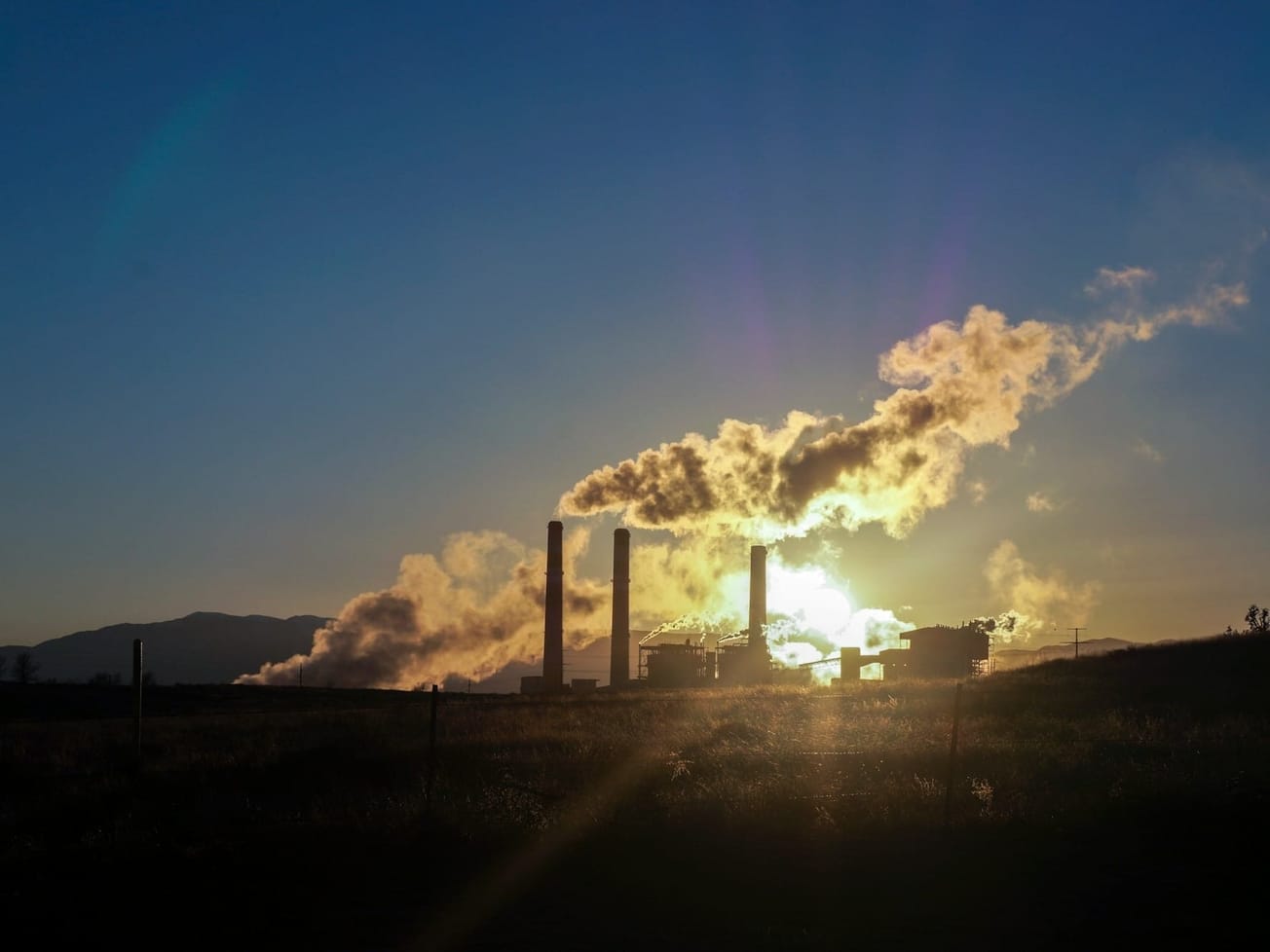Environmental groups and climate experts denounced the United Arab Emirates' announcement that the chief executive of the state-owned Abu Dhabi National Oil Company will preside over the next round of U.N. climate talks.
The UAE, which gets to name the president of the next round of United Nation-brokered talks known as COP28 that it is hosting next year, appointed Sultan Al Jaber to the role. Along with overseeing one of the world's biggest oil companies, he serves as the UAE's minister of industry and advanced technology and is chief executive of renewable energy company Masdar, based in Abu Dhabi.
Al Jaber, whose job next year will be to prod nations to raise global compliance with the 2015 Paris Agreement for limiting global warming, wears several other hats. He is the UAE’s minister of industry and advanced technology, and also serves as chief executive of the renewable energy company Masdar, in Abu Dhabi.
The UAE is "committed to multilateral cooperation and an inclusive process that brings together emerging economies with developed nations, civil society, and business to achieve the solutions and the pace of change required," according to the government's announcement Thursday in its official Emirates News Agency.
"As the first country in the region to ratify the Paris Agreement, the first to commit to an economy-wide reduction in emissions, and the first to announce a Net Zero by 2050 strategic initiative," it said, "the UAE is committed to raising ambition in this critical decade for climate action. The UAE is honoured to have been endorsed as the host for COP28."
We need a COP President with a vision to end fossil fuels in charge of these climate talks, not someone whose job it is to sell fossil fuels to the world. Having an oil boss leading the talks would be a step too far. Clearly the inmates would have taken over the asylum. https://t.co/qZ4JP0t5gc
— Mohamed Adow (@mohadow) January 12, 2023
From 'circuses' to 'complete jokes'
Al Jaber is vice chair of a UAE committee that is supervising COP28 preparations through what the government describes as "a comprehensive and integrated plan in line with the UAE’s focus on sustainable development, collaboration, and cooperation with the international community, to ensure inclusion across all parties and to enable practical solutions that will bring long-term socioeconomic benefits to the region and the world."
Organizations and climate experts derided the UAE's decision to name an oil exec to the crucial climate role, particularly during the same week that the World Meteorological Organization, relying on six leading international temperature datasets, confirmed that the past eight years were the warmest on record globally, fueled by ever-rising greenhouse gas concentrations and accumulated heat.
The average global temperature in 2022 was about 1.15° Celsius above the pre-industrial levels from 1850-1900, marking the eighth consecutive year that annual global temperatures have reached at least 1° C. above pre-industrial levels. As a result, it said, the likelihood of breaching the Paris Agreement's 1.5° limit "is increasing with time."
"COPS have always been circuses. Now they are complete jokes," said Bill McGuire, professor emeritus of geophysical and climate hazards at University College London. "We need separate standing bodies focusing on energy, transport, deforestation, loss and damage etc., working all year-round. Not this bloated festival of world leader photoshoots and oil execs."
Al Jaber's appointment as #COP28 President is outrageously regressive and deeply problematic to say the least!
— Harjeet Singh (@harjeet11) January 12, 2023
Fossil fuels are the root cause of the #ClimateCrisis. His position as CEO of the Abu Dhabi National Oil Company raises grave conflict of interest issues. pic.twitter.com/w6MJfY59Mr
A 'breathtaking conflict of interest'
The appointment of Al Jaber, whose oil company is the world's 12th largest by production, has caused "deep civil society apprehension of this major conflict of interest," according to Washington-based Oil Change International.
Research by the organization shows the UAE is poised to become the third largest expander of oil and gas production between 2023 and 2025. It claims 10% of the world's oil reserves and the fifth-biggest natural gas reserves.
“This is a truly breathtaking conflict of interest and is tantamount to putting the head of a tobacco company in charge of negotiating an anti-smoking treaty," said Romain Ioualalen, the organization's global policy manager.
"This appointment risks further undermining the credibility of global climate talks and threatens the action and leadership needed for a rapid and equitable phase out of all fossil fuels, which over 80 countries called for during last year’s COP," it said, saying the U.N.-brokered climate talks involving virtually all nations risks becoming "a festival of greenwashing, false solutions and shady fossil fuel deals."








